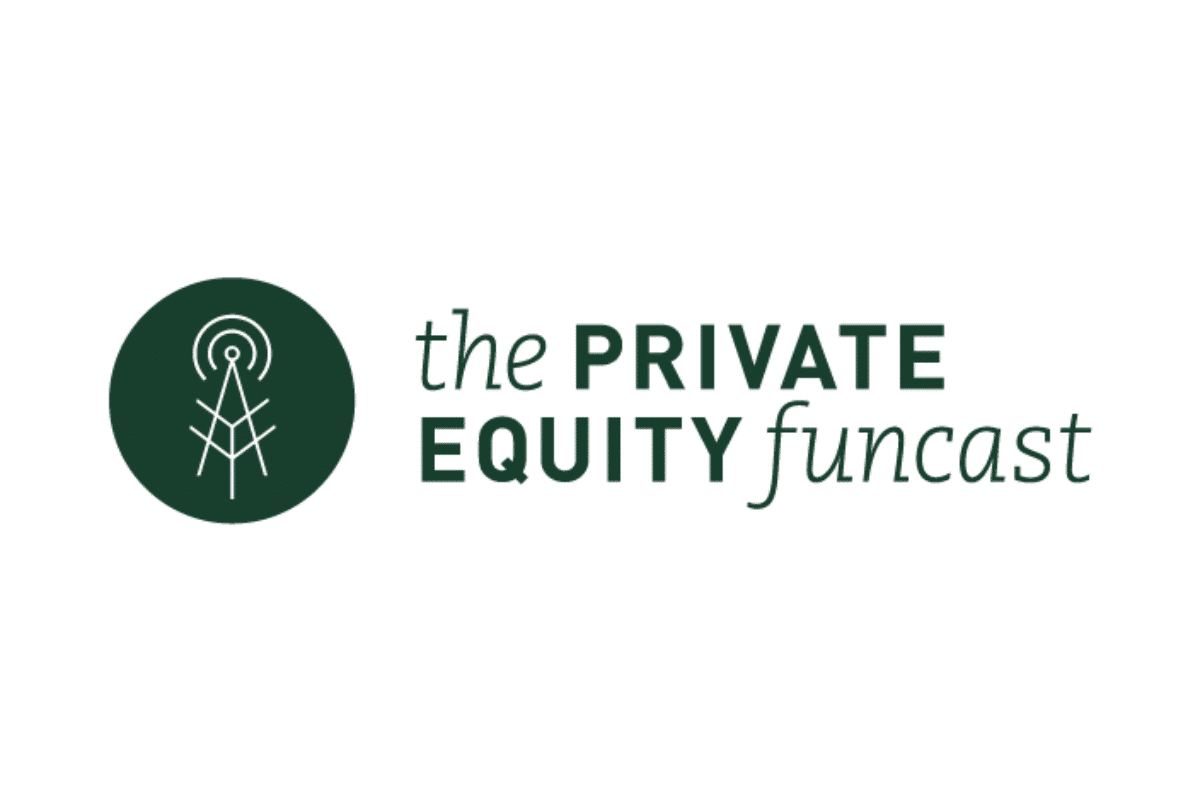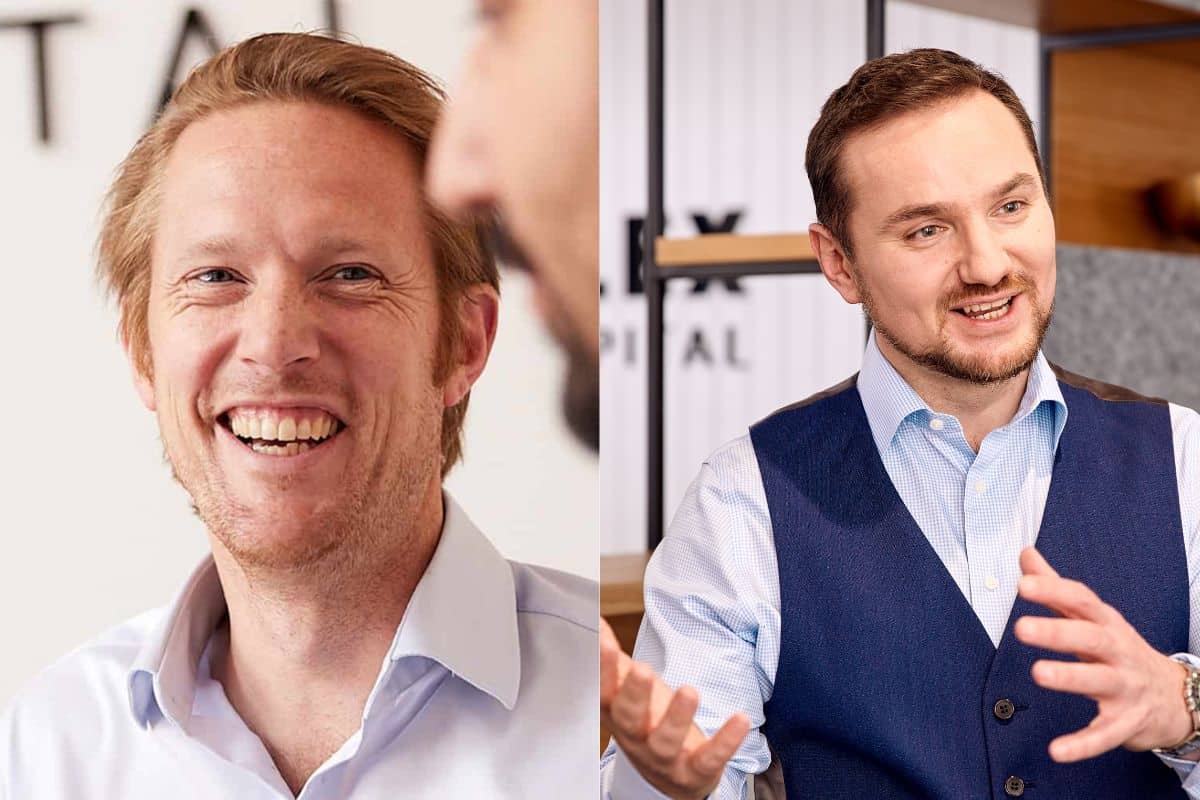Three key learnings I did as an analyst.
What can a private equity analyst expect on a day-to-day basis? – Many reports and tips can be found on the Internet, which give a detailed picture of the processes in private equity funds. But what does that actually mean in concrete terms? From my experience as an analyst at FLEX Capital, the key take-aways can be illustrated by three relatively simple, basic questions that I also asked myself in advance: How do you get a private equity fund? What tasks await an analyst? And what experiences do you take with you?
What do you need to bring to the table to start as a private equity analyst?
As (un)clear as the discussions on the web are, they have one thing in common: As an applicant in private equity, the usual hard skills should not be missing from the resume and should ideally be supplemented with experience in the areas of finance, investment banking or consulting. In addition, practical experience in other topics, independent of finance-related, is an advantage that helps you as an analyst. Especially for funds with an industry focus, such as FLEX, an affinity for software topics and an understanding of the subject matter is virtually indispensable.
But the CV is not everything: the mindset must be right and the right soft skills are enormously relevant not only for the start, but also in daily business. This includes both a quick grasp and the ability to look at problems from different perspectives. However, the most important thing – and this is something that newcomers are often not aware of in advance – is the ability to communicate with companies and other stakeholders at eye level – despite possibly having higher career or experience levels. In addition, there is the motivation for continuous networking for the Fund and oneself.
Of course, as a private equity analyst you are still very closely involved in the transactional business – the job is therefore not fundamentally different from analysts in consulting or investment banking. However, it still offers the attractive opportunity to combine different focal points from investment banking and consulting at an operational level right from the start of your career.
#1 Hard skills around the valuation and investment process and communication soft skills add up to the perfect package for getting started in private equity.
What tasks await an analyst?
As an analyst, the daily business is largely divided into the three core areas of deal sourcing, participation in the transactional investment process and operational preparation or execution of the transaction. This way, you accompany the entire transaction every step of the way.
In deal sourcing, the analyst as well as the entire investment team are engaged in building a full pipeline of companies that meet the fund’s investment criteria. Databases, market research and personal contact with M&A consultants are part of the daily routine. Last year, we at FLEX identified and approached more than 500 companies in this way. Even though we only invest in a fraction of these companies, the conversations and insights from market research are one of the most important building blocks for the fund’s longevity. The analyst is mainly responsible for the coordination of the entire deal sourcing process and also accompanies and prepares the contacts between the company and the partner or investment manager. Market and competitive research as well as a quick understanding of business models and their interrelationships in the market are very important.
In the transactional investment process, as an analyst you focus on the company valuation and the potential future development of the business – first on your own and then together with management. It is important to map out a realistic business plan that takes into account management’s perspective, but also incorporates market dynamics and insights gained during the process. The basis is therefore not only previous transactions and their valuations, but also an analysis of the market and competitors. In parallel, potential add-on acquisitions must be identified in addition to the market and competitors. To this end, the analyst often conducts expert interviews to further deepen market understanding and understand investment opportunities. The whole process is then summarized in an internal (pre-)due diligence report, which is discussed in the investment committee.
In addition, as an analyst, one is involved in the operational phase of preparing and executing the transaction. This includes working with the various due diligence consultants and evaluating and summarizing the results of each report.
One of the advantages offered by “smaller” private equity teams is the direct consultation and quick discussion of topics and projects, but also the opportunity to gain insights into topics that do not necessarily belong to the classic core responsibilities of an analyst.
#2 Tasks are spread across all aspects relevant to the Fund, from deal sourcing to portfolio management, resulting in a colorful array of topics across the entire transaction process.
What experiences do you take with you?
Apart from deepening your knowledge in the fields of activity described above, as an analyst you benefit particularly from the long-term project work associated with a transaction. In particular, the post-transaction phase and the associated collaboration with the management team and the portfolio company opens up insights that one does not normally get in this breadth and depth.
At the same time, continuous learning beyond the essential investment banking know-how is required as well as encouraged. Especially through the direct cooperation with entrepreneurs, partners and investment managers, where you quickly learn to select and clearly present information, you benefit enormously. These experiences and the overall picture created are extremely valuable for both professional and personal development.
#3 Insights gained through close interaction with portfolio companies promote entrepreneurial thinking and action.











